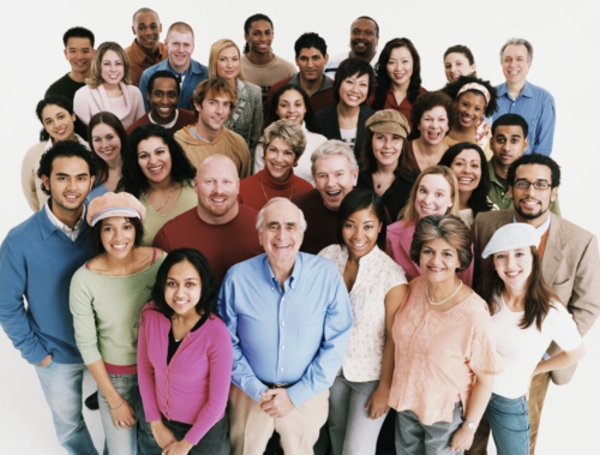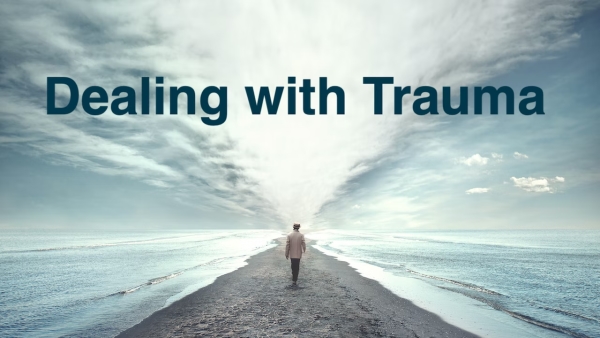Using the Power of Community Connection to Heal from Trauma

People dealing with trauma may try to “tough it out.” They may try to hide their feelings from others and avoid confronting their emotions. Yet, doing so does not change the fact that trauma can make it difficult to function. Over time, the feelings associated with a traumatic event or experience can escalate. They can reach a point where they cause long-lasting harm to an individual’s mental and physical well-being.
Rather than try to heal from trauma independently, you can seek out community support. Connecting with community members ensures that you won’t have to deal with your trauma as an individual. Instead, you can work in lockstep with family members, friends, and others who want to understand your trauma. These individuals will do their part to support you during a challenging time in your life and make sure that you can become a stronger person.
How to Use the Power of Community Connection to Heal from Trauma
There are many ways that using the power of community connection can help you move past trauma, and these include:
1. You Can Connect with Community Members Dealing with Trauma and Heal Together.
In a community, you may find others are coping with trauma similar to your own. At this point, community psychology can drive positive change, health, and empowerment. Community members can share the stories behind their trauma. They can also discuss the impact of their trauma on their everyday lives and offer tips, recommendations, and suggestions to move on from it.
Over time, community members can develop positive relationships with one another. These relationships enable community members to work together to heal from their trauma.
2. You Can Trigger “Feel-Good” Hormones in the Brain.
Trauma can cause prolonged feelings of depression and anxiety. As such, it can hamper your ability to feel your best. By joining a community, you can engage with members who are committed to helping one another in any way they can. This can instill positive vibes in your daily life.
Meanwhile, you may find that the positive emotions of others will rub off on you, even if you’re dealing with trauma. For example, research indicates that smiling can trigger the release of serotonin and dopamine, aka “feel-good” hormones in the brain. If you’re part of a community, you may notice when others smile at you. In these instances, you may enjoy the benefits of increased serotonin and dopamine levels in your brain. As a result, you may feel happier and more comfortable in a community than you would on your own.
3. You Can Master Mindfulness.
You can experience trauma that causes you to lose focus on what’s most important: taking care of yourself. However, a community can help you realize the benefits of mindfulness. It can provide you with guidance so you can stay calm, cool, and collected in the face of adversity.
Communities are available that promote meditation and other mindfulness practices. These communities ensure that members can use various mindfulness practices with one another to combat social anxiety and other trauma. Plus, they encourage community members to support each other so everyone can achieve optimal results.
4. You Can Enjoy a Great Alternative to Traditional Therapy.
Many people explore counseling and other forms of traditional therapy to cope with trauma. These methods can be effective to help you manage the impact of trauma, but they are not ideal for everyone.
Community engagement can provide a viable alternative to traditional therapy for those dealing with trauma. For instance, you can seek out a local support group with members who are coping with trauma similar to your own. Members can lend a helping hand to help you manage your trauma. Also, you can provide members with insights to help them cope with their trauma.
How to Find a Community That Can Help You Deal with Trauma
You won’t have to look far to find a community that offers support for trauma.
For some people, it is beneficial to connect with family members and friends. You can meet with family members and friends in person or via video or phone call to share details about your trauma with them. When you do, you may find that your family members and friends want to help you cope with your trauma now and in the future.
You can seek out local community groups as well. Support groups that assist individuals coping with certain types of trauma are accessible in cities and towns nationwide. You can search for these groups online. If you join one of these groups, you may be able to attend community meetings anonymously, too.
Do not wait to seek out community help with your trauma, either. Communities can help you become mindful and appreciative of the world around you. As you build relationships within your community, you may find many reasons to remain a part of it. Most importantly, you may ultimately move past your trauma.





